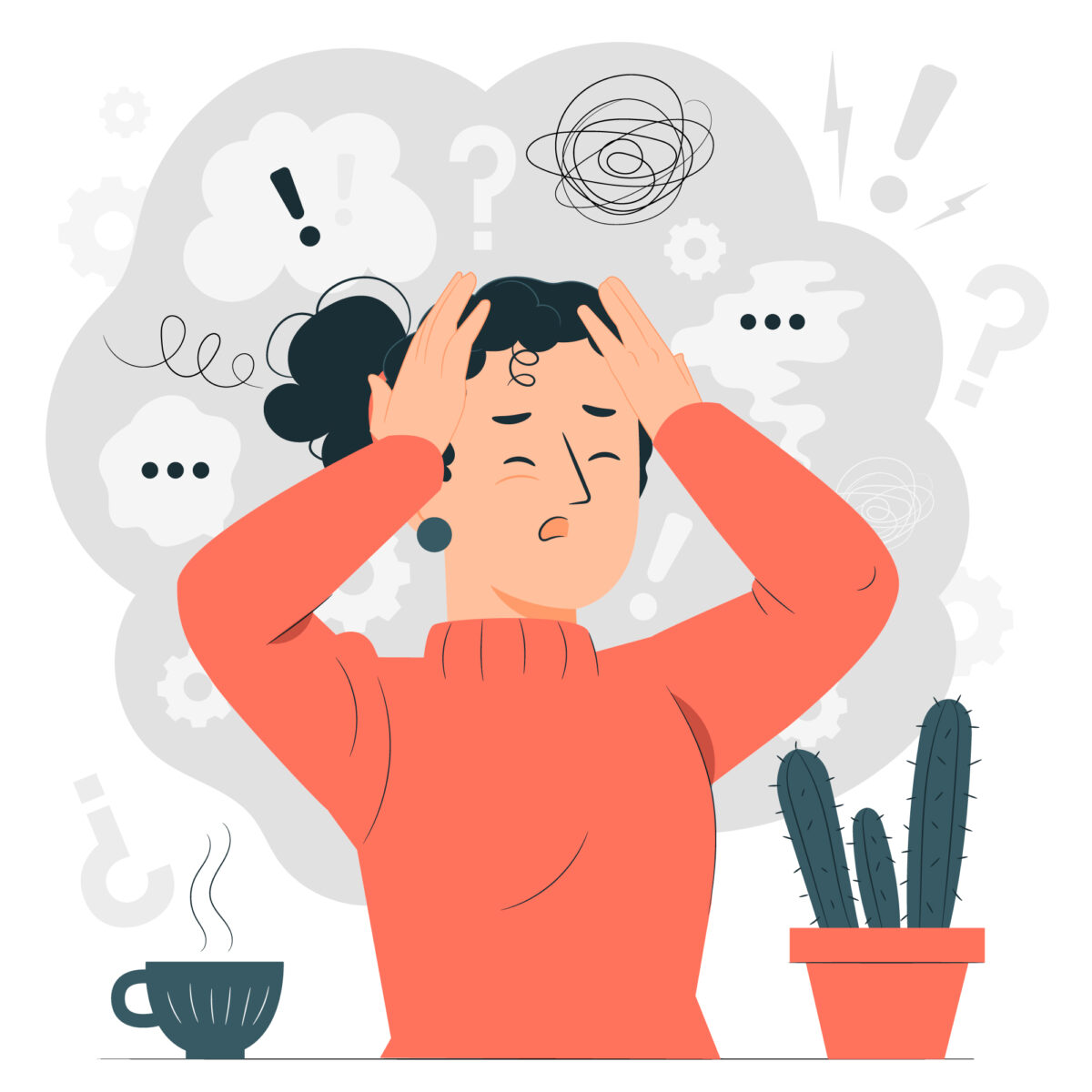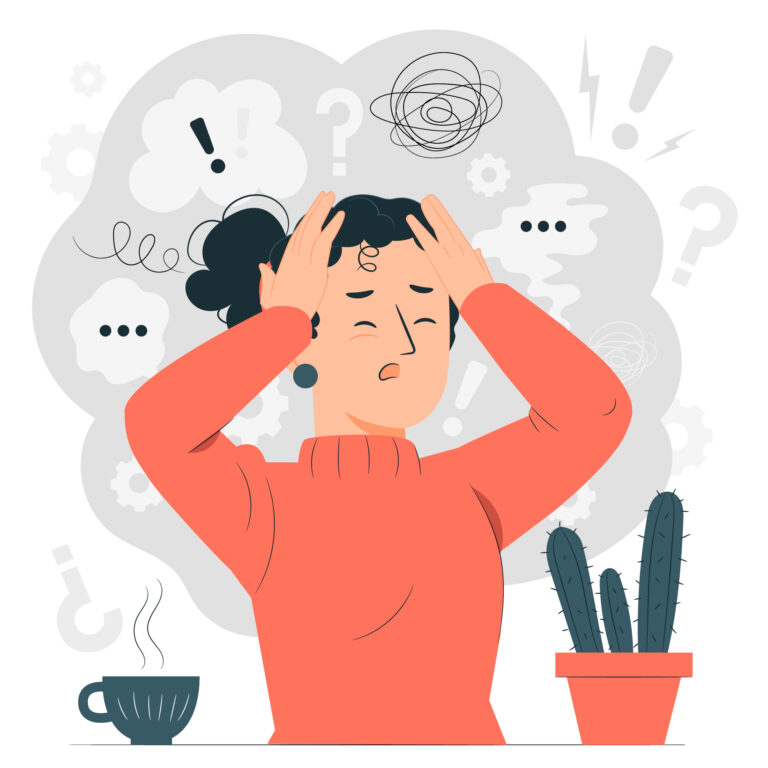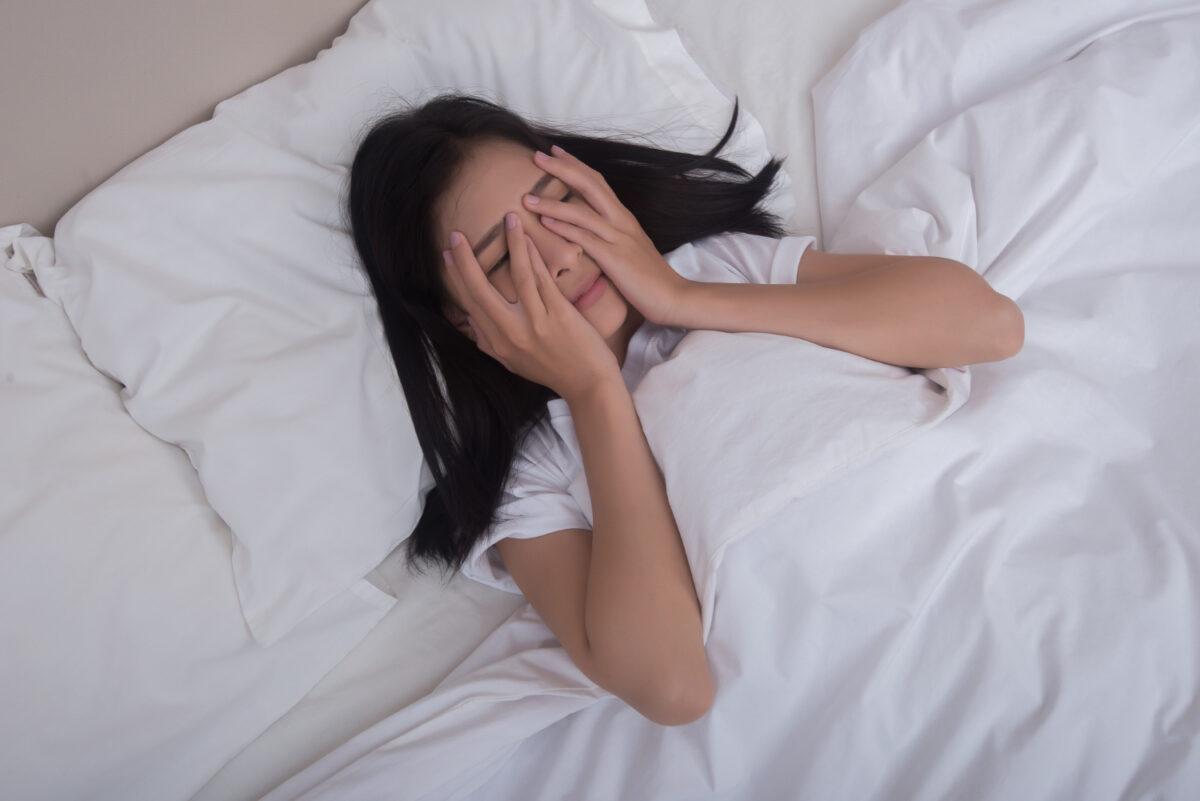/ บทความ / The Role of Stress in Chronic Disease

Stress has become an inevitable part of modern life, with many individuals experiencing chronic stress due to various factors such as work pressure, financial concerns, relationship issues, and more. While stress is a natural response to challenging situations, chronic stress can have severe effects on overall health. Let’s explore the role of stress in chronic disease and how lifestyle medicine can help manage stress and prevent disease.
Understanding the Impact of Chronic Stress
Chronic stress stimulates a physiological response in the body which is known as the stress response or “fight-or-flight” response. When this response is activated frequently or for prolonged periods, it can lead to harmful effects on the overall health. Chronic stress has been linked to an increased risk of developing a range of chronic diseases, including cardiovascular disease, diabetes, obesity, mental health disorders, and autoimmune conditions.
The Effects of Chronic Stress on the Body
Chronic stress can have widespread effects on various systems in the body including dysregulating the immune system which can lead to increased inflammation and impaired immune function. This situation can disrupt hormonal balance, resulting in elevated levels of stress hormones, cortisol. Cortisol can have an impact on metabolism, blood sugar regulation, and contribute to weight gain. Additionally, chronic stress can affect cardiovascular health by raising blood pressure, increasing the risk of heart disease and stroke.
How Lifestyle Medicine Can Help in Managing Stress?
Lifestyle medicine focuses on adopting healthy lifestyle habits to prevent and manage chronic diseases including:
- Lab test for stress hormone level: Good hormone will help to have good response to stress, and our lifestyle medicine doctor can prescribe the nutrients and supplement to balance stress hormone.
- Regular Physical Activity: Engaging in regular exercise and physical activity helps reduce stress levels, improve mood, and promote overall well-being.
- Mind-Body Practices: Meditation, deep breathing exercises and yoga have shown significant benefits in reducing stress levels and promoting relaxation.
- Quality Sleep: Quality sleep is essential for stress management and overall health. Establish a consistent sleep routine, create a sleep-friendly environment, and aim to get quality sleep each night.
- Healthy Diet: A nutritious diet plays a crucial role in managing stress and preventing chronic disease. Consume a well-balanced diet rich in fruits, vegetables, whole grains, lean proteins, and healthy fats and limit the intake of processed foods, sugary drinks, and excessive caffeine.
- Social Support: Building and maintaining strong social connections can help reduce the effects of stress. It can be done by seeking support from family, friends, or support groups, and engaging in meaningful social activities.
Seeking Professional Help
Chronic stress can have a profound impact on overall health, contributing to the development and progression of chronic diseases. If chronic stress is significantly affecting daily life or mental health, it’s important to seek professional help. A healthcare provider or mental health professional can provide guidance, support, and additional interventions tailored to specific needs.
Prioritizing stress management as part of the overall well-being is key to leading a healthier and more balanced life.If you would like to consult and seek the professional guidance on how to effectively manage your chronic stress, visit PrimoCare Medical Clinic as we are always ready to take care of you and for your optimal wellness. You can inquire or make an appointment in advance here.
At PrimoCare, we provide both physical and mental care including checking stress hormone level and rebalance by an anti-aging and lifestyle doctor and/or consultation with a psychologist.
References:
- Stress and Health
- Medication Strategies for Stress Relief
- Advantages of Lifestyle Medicine: Stress Management








